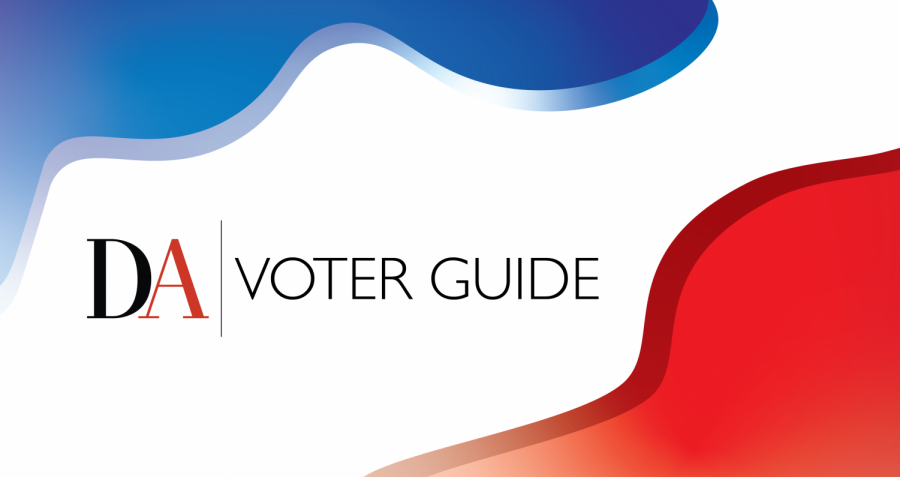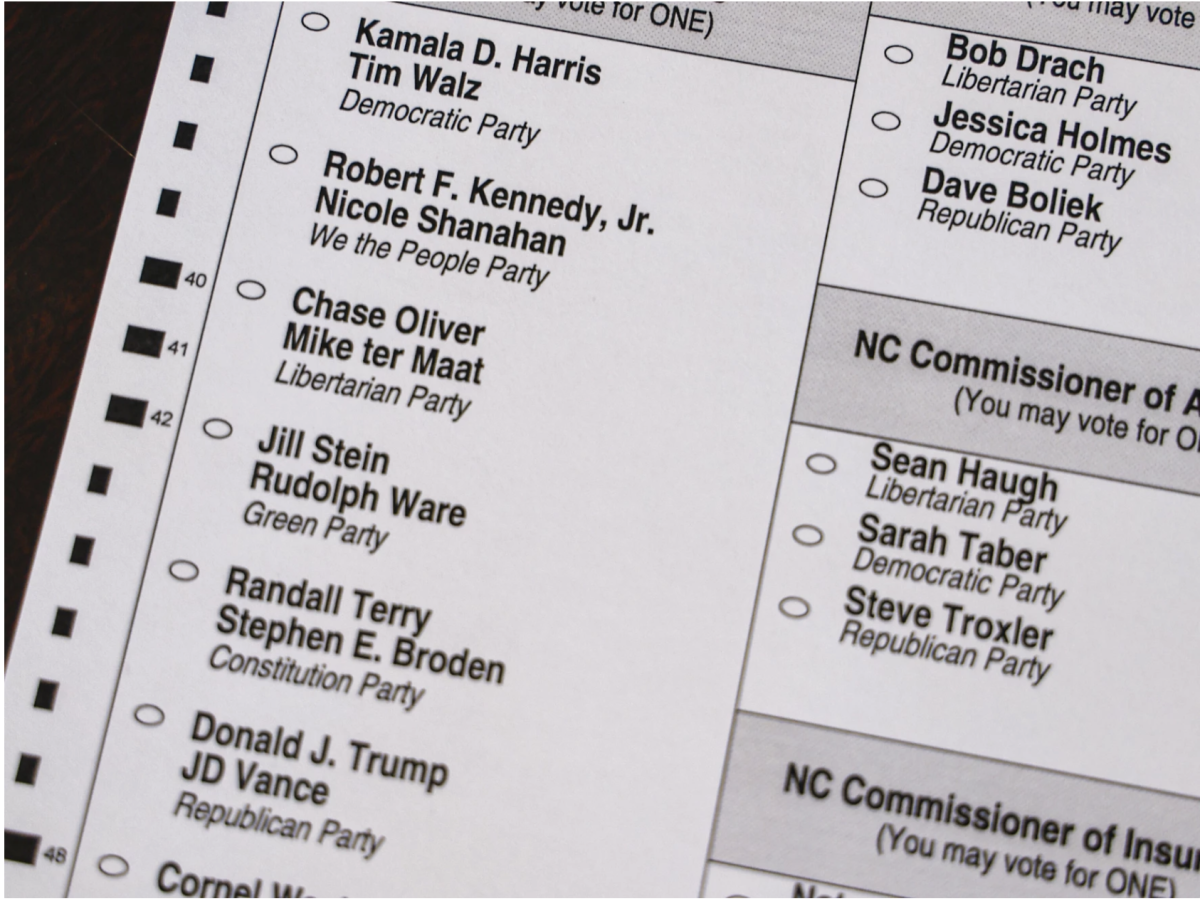Proposition 14
Prop 14 authorizes bonds to continue funding stem cell and other medical research.
It issues $5.5 billion in bonds to investors and to the California Institute of Regenerative Medicine (founded in 2004) to further stem cell research, research on various other diseases, and research on conditions of the brain and central nervous system. Taxpayers would pay back the bonds with interest at an estimated cost of $7.8 billion.
YES: supports issuing the bond of $5.5 billion to further stem cell research.
NO: opposes issuing the bond of $5.5 billion to further stem cell research.
Proposition 15
Proposition 15 increases funding for public schools, community colleges, and local government services by changing a tax assessment of commercial and industrial property established by Proposition 13 passed in 1978. Today, Proposition 13 caps property taxes 1% of assessed value at time of purchase and limits annual property tax increases to 2% or less on both commercial and residential properties. Proposition 15 would eliminate this protection for commercial and industrial property owners who hold more than $3 million in California property, with exemptions for farmland.
This is a California State Constitutional amendment. It would require commercial and industrial properties to be taxed based on their market value rather than their purchase price. These new revenues would go directly to local governments, public schools, and community colleges.
YES: Change the law so that commercial/industrial properties are taxes based on their true market value, rather than their assessed value at the time of purchase. In turn, funding local governments, public schools (K-12), and community colleges.
NO: Commercial and industrial properties will continue to benefit from Proposition 13 tax protection, capping property taxes at 1% of assessed value at the time of purchase, and limiting annual property tax increases to 2% or less.
Proposition 16
Proposition 16 would end the ban of affirmative action, and allow diversity to be a factor in employment, education, and contracting decisions.
This is a state constitutional amendment. It would repeal Proposition 209 (passed in 199) which prohibits the state from discriminating against an individual on the basis of race, sex, color, national origin or ethnicity, in other words Proposition 209 bans race-based and sex-based affirmative action. Proposition 16 would once again allow state governments and public universities to consider race and sex in hiring and admission decisions. Prop 16 does not allow diversity quotas to be put in place because those were ruled unconstitutional by the Supreme Court.
YES: repeals Proposition 209, thus reinstating affirmative action policies in California.
NO: keeps Proposition 209 intact, banning affirmative action.
Proposition 17
Proposition 17 would work towards restoring voter rights for those who have completed their prison term and are on parole for a felony.
This is a California state constitutional amendment. It restores the right to vote for people on parole for felony convictions. Current law requires people convicted of felonies to complete their prison and parole sentences before regaining the right to vote.
YES: allows people on parole for felony convictions to vote.
NO: continue to prohibit people who are on parole for felony convictions to vote.
Proposition 18
Proposition 18 is an alteration of the current voting age requirements.
This proposition would allow 17-year-olds who will be 18 during the general election to vote in the preceding primary or special election.
YES: allow 17 year-olds who will be 18 during the general election to vote in the preceding primary or special election.
NO: voting age would remain at 18 without exceptions.
Proposition 19
Proposition 19 is another property tax measure that would provide Californians 55 or older a tax break when buying a new home. To do this, Prop 19 would decrease a separate tax break Californians can use on inherited property. Back in 1978, Proposition 13 passed, capping property tax rates at 1% of assessed value at time of purchase. Basically, this means the sweet old couple that lives across the street may be paying taxes based on the 1980 value of their home while their millennial neighbors who just moved in are paying much higher taxes on the current value of their house.
If Prop 19 passes, the sweet old couple can move anywhere in the state and retain the relatively low property taxes they’re used to paying.
Here’s where it gets a little complicated. Under current law, Californians who inherit property, say from their parents who purchased their home in 1982, can also inherit the low property tax rate. Prop 19 would make it so adult heirs would have to live in the inherited home in order to retain the low tax rate.
New revenue generated from closing this tax break would primarily go toward a fire relief fund, as well as schools and local governments.
YES: Allow older Californians to transfer property tax rates & close the inheritance tax loop, thus generating revenues for a fire relief fund, schools and local governments.
NO: Keep the inheritance tax loop intact, only allow older Californians to transfer tax rates once, do not create a fire relief fund.
Proposition 20
Proposition 20 is a criminal justice reform. It may restrict parole for non-violent offenders and authorize felony sentences for certain offenses currently treated only as misdemeanors, such as property crimes more than $250.
This bill shifts the status of many crimes from strictly misdemeanors or felonies to “wobblers,” or those that qualify as both based on the severity and context of the crime. For those that increase in severity to “violent felonies”, parole is restricted. Additionally, the proposition requires increased DNA collection during an investigation and tightens accountability for shoplifting.
YES: more crimes would become wobblers and the option for parole for felons would summarily decrease. DNA testing at crime scenes would also increase, as would accountability for shoplifting and shoplifting related crimes.
NO: most crimes would be kept as either felonies or misdemeanors. The number of parolees would also, therefore, remain the same. DNA testing would not increase, and shoplifting laws would not be strengthened.
Proposition 21
Proposition 21 expands local governments’ authority to enact rent control on residential property.
The main goal of this proposition is to reform the Costa Hawkins Rental Housing Act. In general, a larger portion of jurisdiction over rent would shift from landlords to local governments. Such government bodies would restrict rent increases (up to 15% over 3 years). Landlords would still retain their right to fair financial returns.
YES: supports making distinct amendments to the Costa Hawkins Rental Housing Act and an overall transition of authority over rent from landlords to local government. Rent would proposedly not increase as frequently or severely under the governments’ control.
NO: supports retention of both Costa Hawkins Rental Housing Act and landlords’ control over rent increases.
Proposition 22
Proposition 22 changes the employment classification rules for app-based transportation and delivery drivers.
This proposition would name app-based transportation and delivery drivers as independent contractors. As independent contractors, the drivers would be provided alternative benefits than employees. These include health care subsidies and minimum compensation based on engaged driving time as well as vehicle insurance and other policies. Impersonation of the said driver will be criminalized and drivers will require background checks. Currently, drivers are independent contractors which means they have no guaranteed hours or health care.
Ride-share companies Uber and Lyft have bankrolled and strongly supported Prop 22.
YES: supports keeping drivers as independent-contractors and having companies adhere to their own labor and wage policies.
NO: Upholds California Assembly Bill 5 (2019) determining whether the drivers are employees or independent contractors.
Proposition 23
Proposition 23 authorizes state requirements for kidney dialysis clinics.
This proposition will require at least one licensed physician on-site of an outpatient dialysis clinic, if the facility has a shortage of qualified staff the Department of Public Health may authorize an exemption if at least one nurse practitioner or physician is on-site. Additionally, clinics must report the dialysis-related inflection data to state and federal governments. Clinics will require state approval to close or reduce services, and no clinic shall be allowed to discriminate against patients based on their source payment for care.
If passed, Prop 23 could increase costs for clinics, forcing them to close.
YES: supports placing additional requirements on dialysis clinics
NO: opposes placing additional requirements on dialysis clinics.
Proposition 24
Proposition 24 modifies the California Consumer Privacy Act (CCPA) passed in 2018.
This proposition would go beyond the CCPA and require businesses to ask permission before collecting data from consumers younger than 16 years of age, ask for parental permission for consumers younger than 13 years of age, correct inaccurate personal information, provide an option to opt-out of the sharing of their data, and not share the consumer’s information if requested, as well as institute fines against companies found in violation of the policy.
San Francisco real estate developer Alastair Mactaggart has primarily bankrolled Prop 24.
YES: supports the expansion of the California Consumer Privacy Act (CCPA) which was passed only two years ago.
NO: opposes the expansion of the CCPA, keeping it as is.
Proposition 25
Proposition 25 is a referendum to overturn a 2018 law that replaced the money bail system with a system based on flight and public safety risk.
If passed, Prop 25 would uphold a 2018 law that abolished cash bail and replaced it with an algorithm that weighed a person’s risk for not appearing at trial so that the higher the risk, the chances they would be released decrease.
Opposition to Prop 25 has been led by the bail bonds industry.
YES: uphold the contested 2018 legislation which would replace the money bail system with a risk assessment algorithm
NO: keep the cash bail system.














